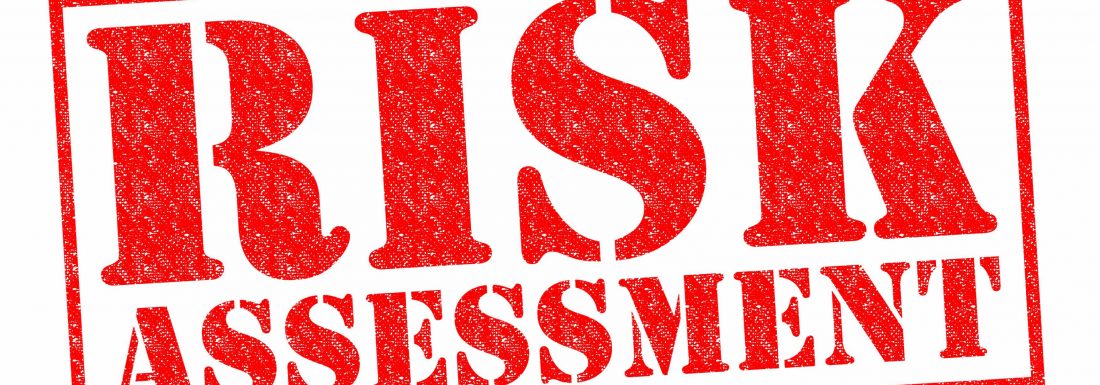
WHY DO WE NEED TO CONDUCT RISK ASSESSMENTS?
Risk assessments are a necessary step in ensuring a safe workplace. If you don’t know or understand the hazards around you, you are putting yourself, your employees and your customers at risk, as well as your company name.
Employers must evaluate all work related activities that could cause danger within the workplace in order to decide whether or not they remain in line with their legal obligations. Meeting the legal requirements is the minimum standard for health and safety and employers should strive to go above and beyond this legal minimum, keeping risks as low as reasonably practicable (ALARP).
Risk assessments are straightforward to conduct and risks can be identified and evaluated using the following steps:
- Identify any hazards
- Identify who may be harmed by these hazards and how
- Evaluate the hazards and come up with safety precautions
- Record your findings
- Review and update the risk assessment as and when necessary
The consequences of not conducting risk assessments in the workplace can be devastating. An example of an organisation failing to assess risks comes from a chemical firm, who were fined after a hydrogen explosion blew a vessel lid through a factory roof, leaving a worker with minor injuries. The firm was prosecuted by the Health and Safety Executive (HSE) following the incident at its plant on 25 November 2011.
The company, which produces metal catalysts used by the pharmaceutical and petrochemical industries, had made a modification to one of its reactors. This caused an explosion on the first day of production following the modification, blowing the lid and other equipment through the corrugated panels on the roof of the factory and into a neighbouring car park. The HSE investigation found the firm had fitted a new seal on the reactor to prevent air getting in, but had not properly considered the risks of the increased pressure inside the equipment during the production process. The company was fined £80,000 and ordered to pay £80,000 in prosecution costs after pleading guilty to two breaches of the Health and Safety at Work etc Act 1974 by failing to ensure the safety of workers.
The company should have considered the risks of sealing the reactor, but decided to continue with the production process, resulting in a major hydrogen explosion. Luckily the injuries as a result were minor, but an incident like this could easily have been fatal; highlighting the importance of undertaking risk assessments, especially in potentially dangerous environments.
Reference:

